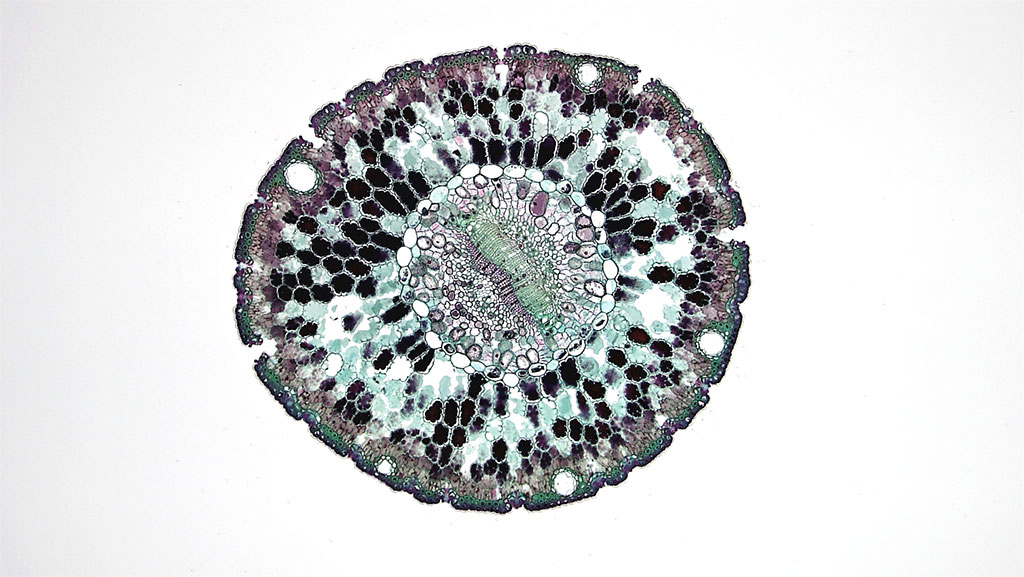New Insights into Molecular Interactions Pave Way for Rapid AKI Diagnostic Tests
Posted on 06 Oct 2022
The kidneys are among the most important organs in the human body. They filter waste products from the blood, control body fluid composition and blood pressure, influence energy metabolism, and produce vital hormones. Acute kidney injury (AKI) is a frequent complication associated with various diseases and particularly affects patients on intensive care units. If kidney function is impaired – as is the case in AKI – there can be severe consequences. AKI can accompany a wide range of diseases. It often occurs in conjunction with cardiovascular diseases or severe infectious diseases such as COVID-19, but also after surgical interventions or in association with drug treatment. There are often no concrete treatment options and the mechanisms underlying AKI are incompletely understood. Just recently, an interdisciplinary research team has used single-cell sequencing techniques to uncover the molecular processes associated with AKI. The team has discovered novel gene expression patterns of injured kidney cells that may lead to new therapeutic approaches and strategies for biomarker discovery.
AKI is often triggered by an insufficient supply of blood to the kidneys, causing the cells there to no longer receive sufficient oxygen and nutrients – and to react with stress. The cells go into a kind of alarm mode and produce signal substances that can lead to inflammatory and remodeling processes (fibrosis) in the surrounding tissue. It is known from animal model studies that epithelial cells – the cells that line the fine renal tubules – are involved in these inflammatory and fibrotic processes. This was demonstrated using a novel state-of the-art method called single-cell sequencing, which enables researchers to create a detailed profile of the molecular gene expression profiles of thousands of individual cells. But what happens on the cellular level in human AKI?

Two recently published studies involving Charité – Universitätsmedizin Berlin (Berlin, Germany) are among the first to ever investigate the molecular processes in AKI using single-cell technologies in human kidney cells. The scientists examined cells taken from tissue and urine samples of more than 40 patients and analyzed the molecular patterns of more than 140,000 cells using state-of-the-art bioinformatics approaches. The team was also able to show that different cell types of the kidney react quite differently to AKI, with the strongest response observed in the epithelial cells of the renal tubules. These are the smallest functional units of the kidney and consist of several segments.
It was known from animal models that epithelial cells of a specific early renal tubule segment were mainly affected by AKI. However, the results of the latest studies on human kidney cells have revealed that the epithelial cells of almost all tubule segments are involved in the injury processes. In clinical practice, physicians ideally need a fast, non-invasive, and precise testing method to clearly diagnose AKI at an early stage. In order to get closer to this vision for the future, the researchers began searching for epithelial cells in urine samples. Hardly any cells are found in the urine of healthy people. But in those with AKI, epithelial cells detach from the renal tubule and are excreted into the urine.
However, since cells do not survive in urine for long, there were initial doubts as to whether the cells would still be intact and whether their molecular state could even be measured using single-cell sequencing. The researchers were able to determine from which segment of the renal tubules the cells came from and which genetic programs they had activated in response to kidney damage. With the two current studies, the research team has provided completely new insights into the cellular mechanisms in AKI using single cell sequencing as well as promising approaches for future diagnostic procedures and personalized therapies. In further studies, they plan to enroll a larger number of patients, investigate the cellular responses in different underlying diseases, and uncover other fundamental molecular mechanisms of AKI using cell cultures.
“Single-cell sequencing allows us to virtually zoom into each cell and see which genes are active in that cell at that point in time,” explained Dr. Hinze, who played a key role in supervising one of the studies at Charité and the Max Delbrück Center. “From this, we can determine whether that particular kidney cell is currently functioning normally, is under stress, or is about to die. This cutting-edge technology gives us an understanding of AKI in unprecedented detail.”
“We processed the urine samples within four to six hours, and it actually worked very well,” said Dr. Jan Klocke of Charité’s Department of Nephrology and Medical Intensive Care. “The information provided by the cells from the urine samples matched that of the corresponding cells from tissue samples. Thus, urine provides us with an uncomplicated and patient-friendly method of obtaining sample material for further investigations – in order to identify biomarkers and, in the long term, perhaps reduce or even replace kidney biopsies.”
Related Links:
Charité – Universitätsmedizin Berlin














